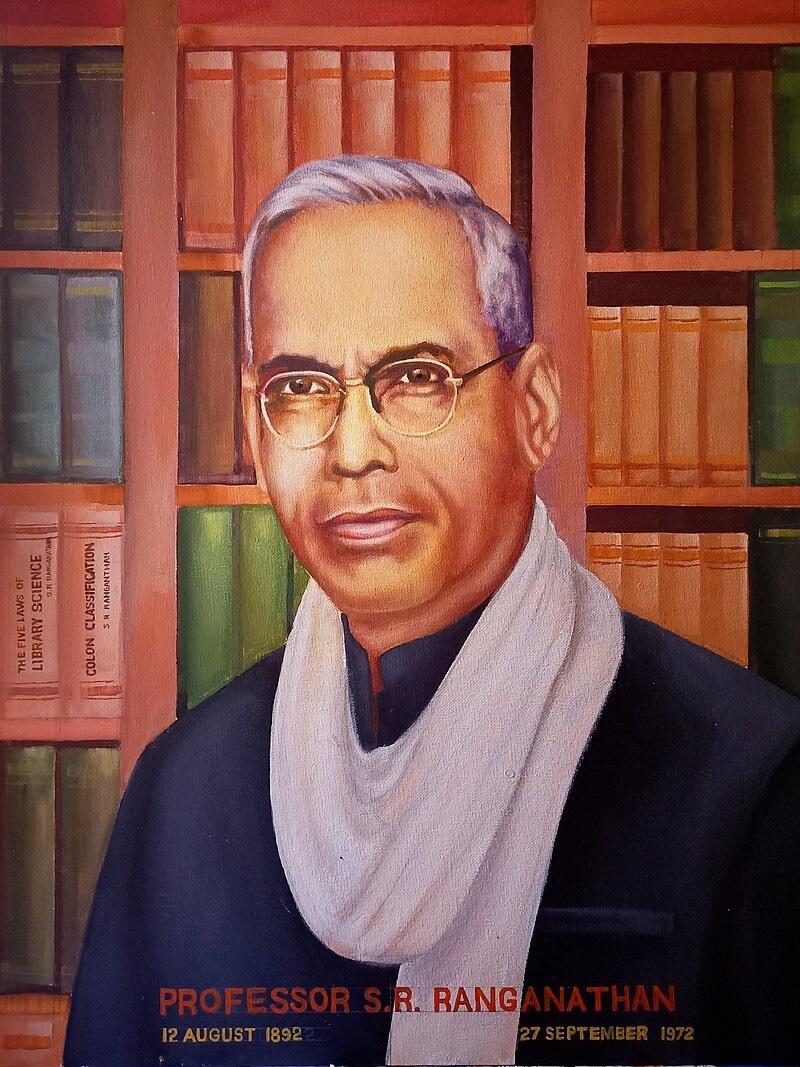
National Librarians Day is observed annually on August 12 to acknowledge and celebrate the invaluable contributions of librarians and their essential role in promoting education, literacy, and a love for reading. This day highlights the dedication and hard work of librarians, who serve as the guardians of knowledge and information, ensuring that resources are accessible to everyone.
The origins of National Librarians Day lie in the recognition of the crucial role that librarians play in our communities and educational institutions. Historically, libraries have been hubs of knowledge, offering a wide range of resources such as books, journals, and digital media. Librarians, as the custodians of these resources, are vital in guiding users to the information they need, fostering literacy, and supporting lifelong learning.
This day is an opportunity to recognise the expertise of librarians in organising and managing information, their commitment to fostering a love for reading across all age groups, and their advocacy for intellectual freedom and the right to information. National Librarians Day celebrates their efforts in creating inclusive and welcoming spaces where people can explore, learn, and grow.
A prominent figure in the field of librarianship is S.R. Ranganathan, an Indian mathematician and librarian whose contributions have had a lasting impact. Born on 9th August 1892 in Shiyali, Tamil Nadu, India, Ranganathan is often hailed as the “Father of Library Science in India”.
Ranganathan’s most notable contribution is the Five Laws of Library Science, published in 1931, which have become foundational principles in the field: Books are for use, every reader his or her book, every book its reader, save the time of the reader, the library is a growing organism.
These laws highlight the importance of accessibility, user-centred service, and the evolving nature of libraries.
Additionally, Ranganathan developed the Colon Classification system, a flexible method of organising library materials using letters and numbers, which can easily adapt to new subjects. He also championed library legislation in India, leading to the Madras Public Libraries Act of 1948, which facilitated the establishment of public libraries across the country. Furthermore, he pioneered library education by starting a Certificate course in Library Science at Madras Library Association in 1929. This course was taken over by Madras University in 1931. Furthermore, he established the Documentation Research and Training Centre (DRTC) in Bangalore, both of which have become crucial institutions for education and research in library science.
Libraries and librarians play a crucial role in education by providing access to a wide range of resources, from books to digital databases. These resources support academic research, classroom learning, and personal growth. Librarians promote literacy and lifelong learning through programmes, book clubs, and workshops, helping people develop new skills. They teach vital information literacy skills, guiding users in evaluating sources and using research tools.
Libraries are inclusive spaces where diverse communities can learn and collaborate. Librarians expertly select and manage collections to meet user needs, ensuring relevance. National Librarians Day honours their essential role and the enduring legacy of figures like S.R. Ranganathan in shaping librarianship’s future.
(The writer is the Librarian at St Joseph Vaz College, Cortalim)